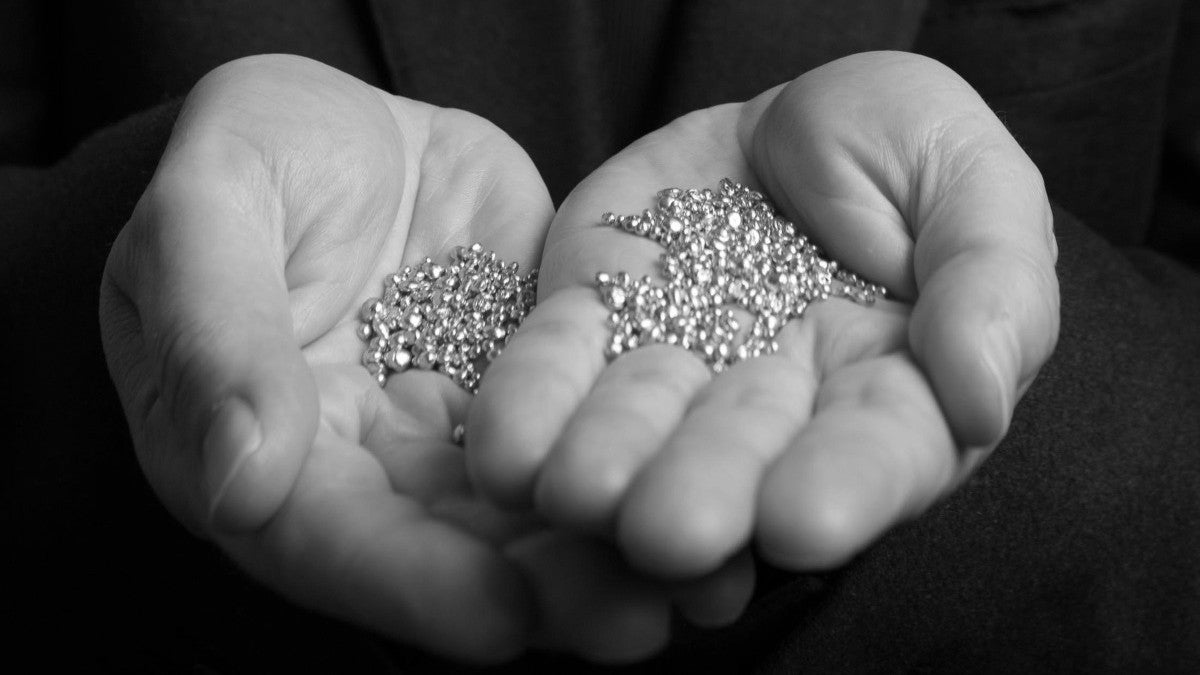
The days of invisible supply chains are over. Today’s consumers want to know where the beans that went into their coffee and the leaves that went into their tea were picked. More than that, they want to know how.
Concern about abuses such as child labour, debt bondage and human trafficking is on the rise. That raises a tricky question for companies, especially those with supply chains extending into the Global South: can they guarantee that their products aren’t tainted by such practices?
The Fairtrade Foundation has been concerned with ensuring that firms can give an affirmative answer ever since it was set up in 1992. In pursuit of this goal, it has formed preferential supplier relationships with nearly 2 million farmers and workers in 71 countries.
As pressure mounts on them to prove the social and environmental credentials of their supply chains, more and more businesses are looking to the Fairtrade movement for inspiration and advice. Michael Gidney, CEO of the Fairtrade Foundation, is only too happy to oblige them. In fact, showing how its approach works to the advantage of all partners is a core feature of the organisation’s theory of change.
What do Fairtrade principles bring to supply chains?
The movement, he says, is “founded on the belief that, if you do trade differently, you can make a positive impact on people and the planet. Its underpinning principles can be applied right across global trade.”
These principles are simple, Gidney stresses: companies need to act responsibly, pay fair prices and deliver better treatment for workers. Actually achieving such outcomes is more complex, of course – especially beyond sectors such as the production of tea and coffee.
Fairtrade producers are more likely to be resilient… and better supply chain partners
The Fairtrade Foundation’s basic approach to the challenge is twofold. First, it helps grass-roots producers, many of which are cooperatives, to meet a stringent certification standard that’s subject to independent verification. Second, it finds markets for their goods by building relationships with buyers and retailers. As part of this arrangement, producers receive a minimum price as a buffer against international price pressures, plus a premium to be reinvested in social infrastructure and community programmes.
Several academic studies have found that that this model works, according to Gidney. The research has shown that, in most cases, participants end up better off than comparable non-participants – albeit with many still living close to the breadline.
How to apply fair-trade ideas beyond tea and coffee
Although he’s clearly proud of his organisation’s achievements to date, Gidney is acutely aware of the scale of the mountain left to climb.
Consider Fairtrade-labelled goods, for instance. Even in markets such as tea, coffee and bananas, where the foundation has made big inroads, the vast bulk of global procurement still operates beyond its reach.
One obvious way for the movement to grow is for more buyers to sign up. Gidney is quick with the arguments for doing so, chief among which are consumer recognition (93% of UK shoppers recognise the Fairtrade mark and 83% trust that any item carrying it has been ethically sourced) and supplier quality.
“Fairtrade producers are more likely to be competent, well organised and resilient at the community level,” he explains. “Overall, they’re more likely to be better supply chain partners.”
A gold standard for ethics

In sub-Saharan Africa, mining is the second biggest employer after farming. But it is also one of the region’s most dangerous occupations, especially in the poorly regulated artisanal sector.
Under Gidney’s leadership, the Fairtrade Foundation is working with its Swiss arm on a Comic Relief-funded project to map out what the fair and responsible production of artisanal gold would look like.
“There has been very little investment over the years,” Gidney notes. “But there are interventions that you can make, like centrifuges that eliminate the need for mercury, which can make a difference really quickly.”
The project builds on a growing market for fairtrade gold over the past decade. Back in 2013, for instance, the Fairtrade Foundation introduced a gold certification standard which obliges small-scale miners to meet a set of core health and safety, labour protection and environmental requirements.
Participating miners are guaranteed a minimum price, as well as a premium. Depending on international prices, that can amount to around $2,000 per kilo of certified gold.
Three mining cooperatives are currently signed up to the initiative. The Fairtrade Gold Standard can also be found on the products of two dozen UK jewellery designers, as well as in smartphones from Dutch brand Fairphone.
What needs to change to make supply chains more ethical?
But even if the foundation’s 400-strong list of partner brands and retailers were to double or even triple in size, decent livelihoods would remain a pipe dream for millions of people working upstream.
One solution is for companies to integrate Fairtrade principles into their own supplier systems and relationships. Gidney cites the example of Waitrose, which in 2019 worked with all its cocoa suppliers in west Africa to convert them to the programme.
There are two imperatives for companies seeking to follow Waitrose’s lead, he says. First, be sure to involve producer groups in the design of any scheme. Second, target the cause of the problem at hand, not the symptom.
How to overcome risk teams’ doubts
The temptation among corporate risk departments is to spot a supply-side risk and “jump on it quite quickly” or try to solve it in “a way they can control”, including sometimes cutting ties with suppliers altogether. The kind of top-down approach he warns against is evident in the chocolate industry, where almost every large manufacturer has established its own supplier compliance schemes and ethics programmes.
You’re simply not going to tackle problems such as child labour without long-term local relationships
“I would encourage companies that are interested in de-risking their procurement to be braver about sharing control,” Gidney advises.
In practice, this requires a willingness to work more regularly with trusted local partners that understand small producers’ struggles and have their confidence.
Such an approach may not appeal to risk managers in London or New York with investors breathing down their necks or journalists asking them tough questions. But it’s the only practical solution, he argues, adding: “You’re simply not going to tackle problems such as child labour or even the climate crisis without long-term local relationships and patient investment from the bottom up.”
Why it’s time to get tougher on supply chain ethics
Gidney’s avowed support for the stronger regulation of supply chains might surprise some people, given that his organisation is built on the concept of voluntary action by business. But he sees moves such as the Modern Slavery Act 2015 and new legislation on human rights due diligence as an effective way of forcing the laggards into action.
Regulatory reform can also remove legal barriers to fairer trade, Gidney adds, pointing out that competition law as it stands in the UK bars retailers from using the ethical integrity of their products as a point of differentiation.
In this respect, he welcomes the so-called green claims code that the Competition and Markets Authority introduced in 2021. As well as reducing greenwashing, he says, this measure enables companies to shout more loudly about their “legitimate sustainability efforts”, including those seeking to effect positive changes in their supply chains.
Gidney would obviously relish the sight of all products on supermarket shelves bearing the Fairtrade stamp. Ultimately, though, having that familiar circular logo on your goods isn’t what counts. What does is trading fairly – something that any firm can do if it so chooses.

The days of invisible supply chains are over. Today’s consumers want to know where the beans that went into their coffee and the leaves that went into their tea were picked. More than that, they want to know how.
Concern about abuses such as child labour, debt bondage and human trafficking is on the rise. That raises a tricky question for companies, especially those with supply chains extending into the Global South: can they guarantee that their products aren’t tainted by such practices?
The Fairtrade Foundation has been concerned with ensuring that firms can give an affirmative answer ever since it was set up in 1992. In pursuit of this goal, it has formed preferential supplier relationships with nearly 2 million farmers and workers in 71 countries.

